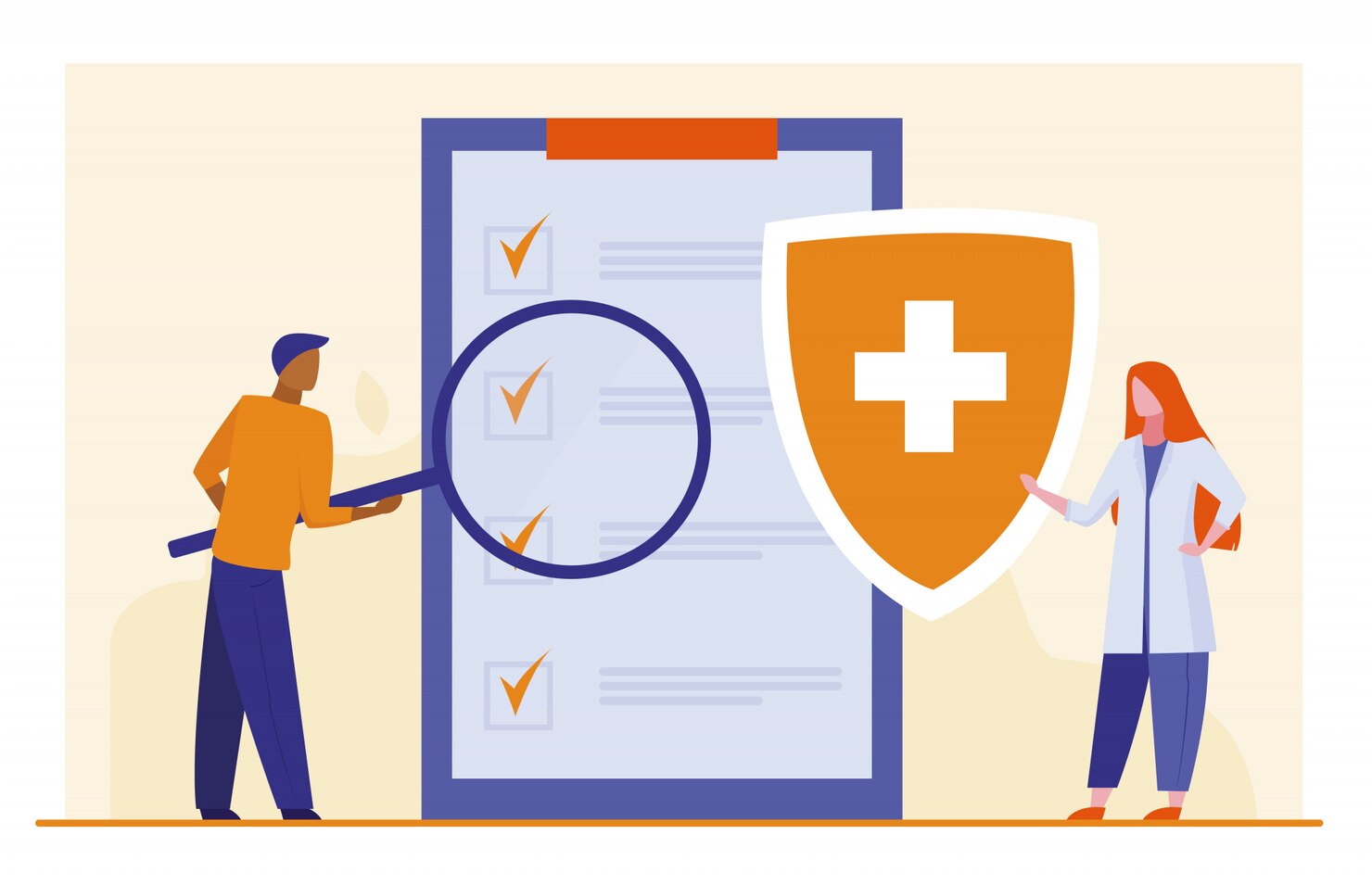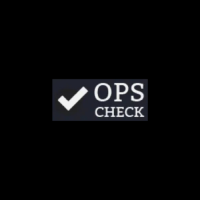How Automated Workflows Improve Healthcare Compliance

Strong 8k brings an ultra-HD IPTV experience to your living room and your pocket.
Introduction
In today’s fast-paced healthcare environment, compliance with industry regulations is a top priority. Healthcare providers must ensure patient data security, follow stringent regulatory guidelines, and maintain accurate records to avoid legal issues and penalties. However, manual processes in compliance management often lead to errors, delays, and inefficiencies.
This is where healthcare workflow software comes in. By automating key compliance processes, healthcare organizations can streamline operations, improve regulatory adherence, and enhance patient care. Automated workflows eliminate bottlenecks, reduce human error, and provide a structured approach to maintaining compliance with HIPAA, GDPR, and other industry regulations.
In this article, we will explore the biggest compliance challenges in healthcare, how workflow automation addresses them, and why organizations must embrace technology to remain compliant.
Common Compliance Challenges in Healthcare
Healthcare compliance is more complex than ever. Organizations must navigate a maze of regulations, including:
HIPAA (Health Insurance Portability and Accountability Act) – Ensures patient data privacy and security.
GDPR (General Data Protection Regulation) – Regulates data protection for patients in the European Union.
HITECH (Health Information Technology for Economic and Clinical Health Act) – Encourages the use of technology to improve healthcare quality.
CMS (Centers for Medicare & Medicaid Services) Regulations – Governs reimbursements, billing practices, and fraud prevention.
Failure to comply with these regulations can result in severe penalties, legal action, and damage to an organization’s reputation. Healthcare providers must proactively manage their compliance efforts, and manual processes simply aren’t enough anymore.
How Automated Workflows Enhance Compliance
1. Regulatory Complexity and Changing Laws
2. Manual Data Entry and Human Errors
3. Approval Bottlenecks and Delays
4. Lack of Audit Trails and Real-Time Visibility
5. Data Security and Privacy Risks
The Role of Opscheck in Healthcare Compliance
Opscheck helps healthcare providers maintain compliance by automating regulatory workflows, ensuring timely approvals, and providing real-time visibility into compliance processes. Its automation capabilities enable healthcare teams to focus on patient care while maintaining strict adherence to industry standards.
Key Benefits of Implementing Healthcare Workflow Automation:
✔ Enhanced Accuracy – Reduces human errors in compliance documentation.
✔ Faster Compliance Approvals – Eliminates bottlenecks in approval workflows.
✔ Improved Security – Protects sensitive patient data with automated access controls.
✔ Better Audit Preparedness – Provides real-time tracking and audit logs.
✔ Increased Efficiency – Automates repetitive tasks, allowing healthcare staff to focus on critical responsibilities.
Conclusion
Healthcare compliance is a critical function that organizations cannot afford to overlook. Manual processes are prone to errors, inefficiencies, and regulatory risks. By implementing workflow automation software, healthcare providers can enhance compliance, reduce operational burdens, and improve overall efficiency.
With solutions like Opscheck, organizations can stay ahead of regulatory requirements, streamline approvals, and safeguard patient data, ensuring long-term success in a complex and evolving healthcare landscape.
Note: IndiBlogHub features both user-submitted and editorial content. We do not verify third-party contributions. Read our Disclaimer and Privacy Policyfor details.







